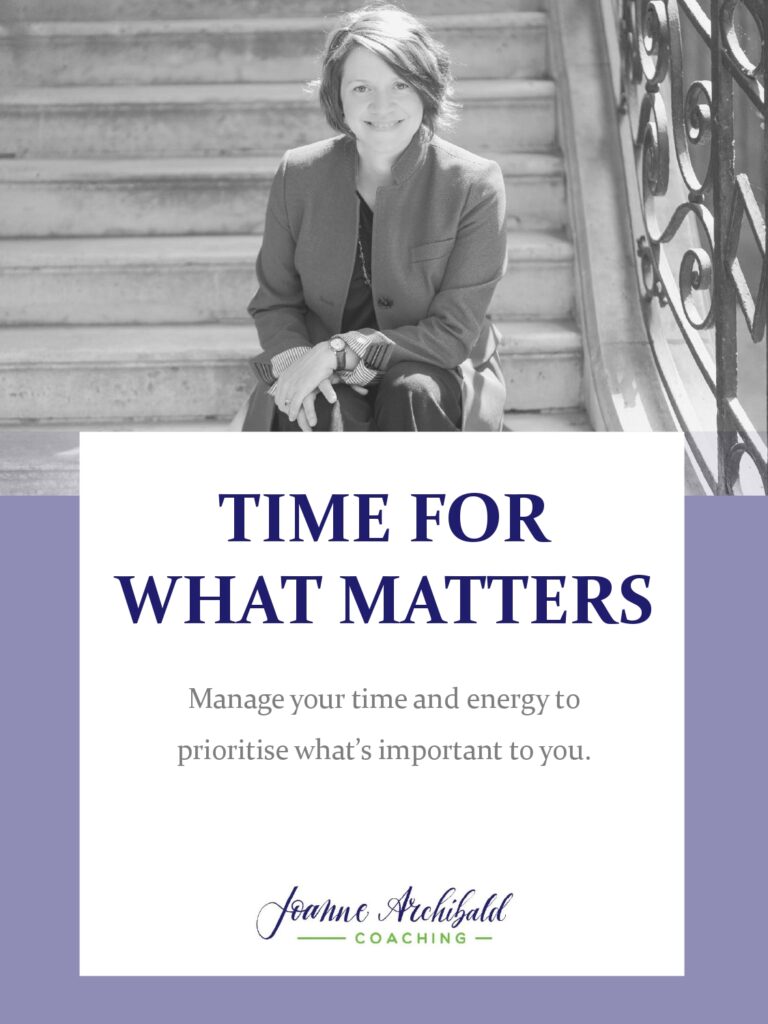5 books in the personal development genre to feed your mind and soul this summer
Four Thousand Weeks
Oliver Burkeman is my find of the year. I gobbled up his latest offering, Four Thousand Weeks – Time Management for Mortals, then proceeded to read through his entire oeuvre. The title refers to the fact that the average human lives for 4,000 weeks and that no matter what we do to lengthen it, pack more in, and be more efficient, in the end we get the time we get.
This book is the antidote to time management, productivity and organisation advice, seeking rather to realign our relationship with time. Interestingly, Burkeman spent years writing “This Column will Change Your Life” for The Guardian, testing all the concepts he is now rather debunking. He has a chatty and often humorous style that makes it an easy read while imparting great wisdom that – I found – changed my relationship to my to-do list instantly.
Daring Greatly
Social worker and shame researcher Brené Brown is the personal development expert to read or watch at the moment. She is everywhere, with TED Talks, a one-off show on Netflix, and a recent new book release. While I haven’t read her latest yet, this year I did read her classic Daring Greatly, which explores how the courage to be vulnerable can transform our lives. The title is inspired by a speech made by Theodore Roosevelt in which he said:
“It is not the critic who counts ; not the man who points out how the strong man stumbles… The credit belongs to the man who is actually in the arena… who at the best knows in the end the triumph of high achievement, and who at the worst, if he fails, at least fails while daring greatly.”
While the quotation alone is worth reading in full, the book is full of the warmth and wisdom for which Brené is known and loved.
The Paradox of Choice – Why More Is Less
Barry Schwartz’s The Paradox of Choice was first published in 2004, but I only heard of it this year. It’s a brilliant exploration of the ways in which having too many options, possibilities and choices can create anxiety, stress, disappointment and – in some cases – depression.
While it takes the example of shopping as its jumping off point, Schwartz extends his argument to examine the entire gamut of decisions we make every day – from internet provider to romantic partner and career. But luckily, he doesn’t stop there, the book ends with a whole chapter on how to counter the negative effects of having too much choice in life with some practical advice that can be applied straight away. Full of examples that bring his arguments to life plus a healthy dose of humour, this is a thought-provoking page-turner that will definitely get you thinking next time you’re in the supermarket.
Happy Moments
Following up on The Little Book of Hygge (also a fun read), Meik Wiking – founder of Copenhagen’s Happiness Research Institute – published Happy Moments: How to Create Experiences You’ll Remember for a Lifetime in 2019. The book delves into research about both what makes us happy and how memory works to offer insights into how to fill our lives with happy moments and also how to commit those moments to our long-term memories. Wiking has an informal, chatty style that makes the book a pleasure to read and belies the thoroughly research-based information he is sharing. I enjoyed the theoretical parts of the book, but got even more out of the very practical tips Wiking offers for making specific moments more memorable and have been able to implement some of his suggestions – to great effect!
The Choice
My last recommendation is a real heavy-hitter. The Choice is Hungarian Jewish psychologist Dr Edith Eger’s account of her experience of the Holocaust, from the time leading up to her deportation to Auschwitz right through to her return to Germany years later to give a talk at Berchtesgaden, Hitler’s former retreat in Bavaria. The book is part autobiography, part self-analysis, part advice and insight, and it is incredibly powerful. While it obviously contains distressing passages, Eger’s vibrant and unbreakable spirit elevates the writing beyond history or memoir. Its ultimate message is one of hope and healing, with kindness and wisdom in every sentence. Drawing on her work as a psychologist, Eger uses her experience and expertise to offer the reader insights that are applicable to us all about how to endure, develop resilience and choose hope, even at the darkest of times.




